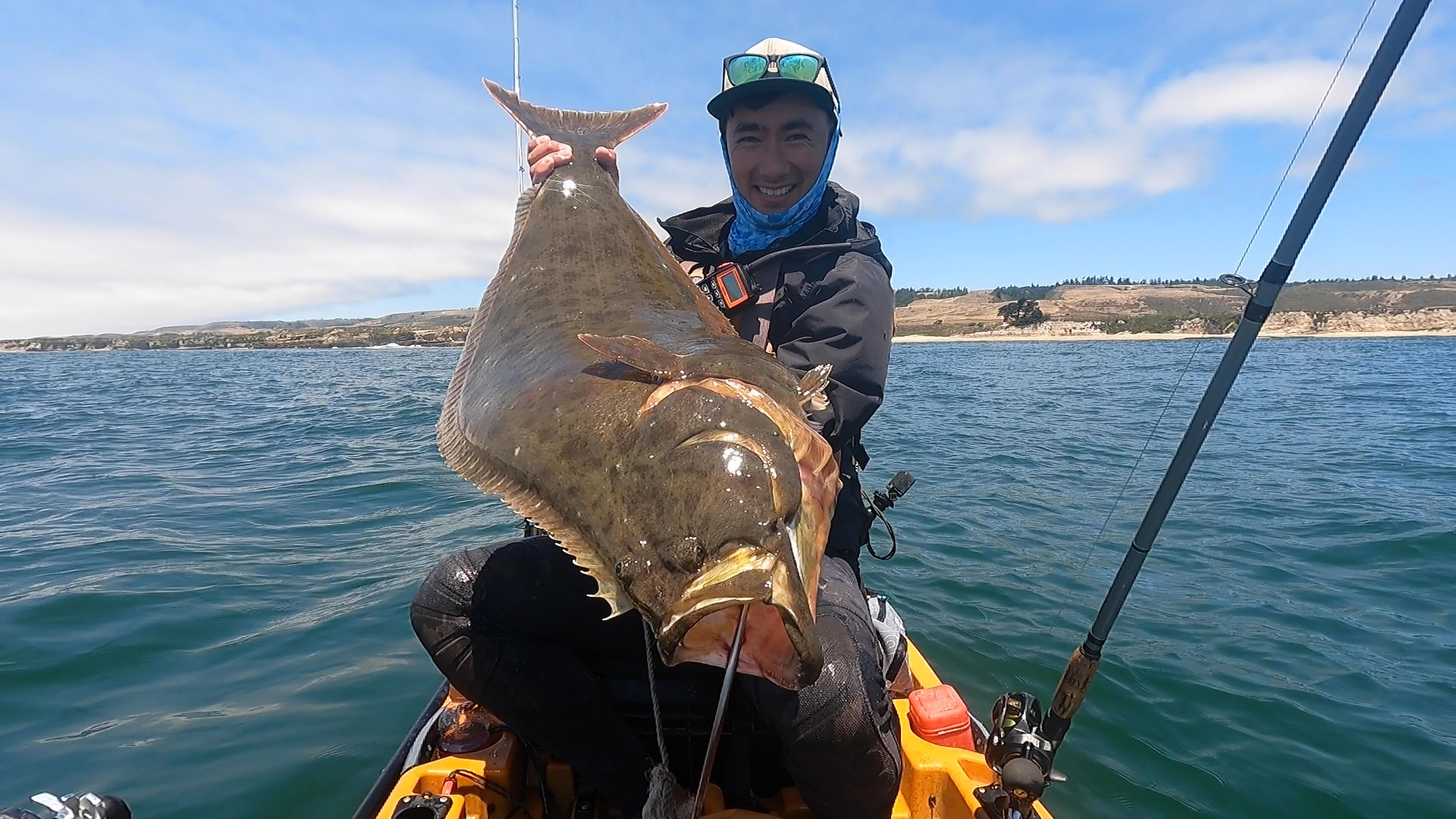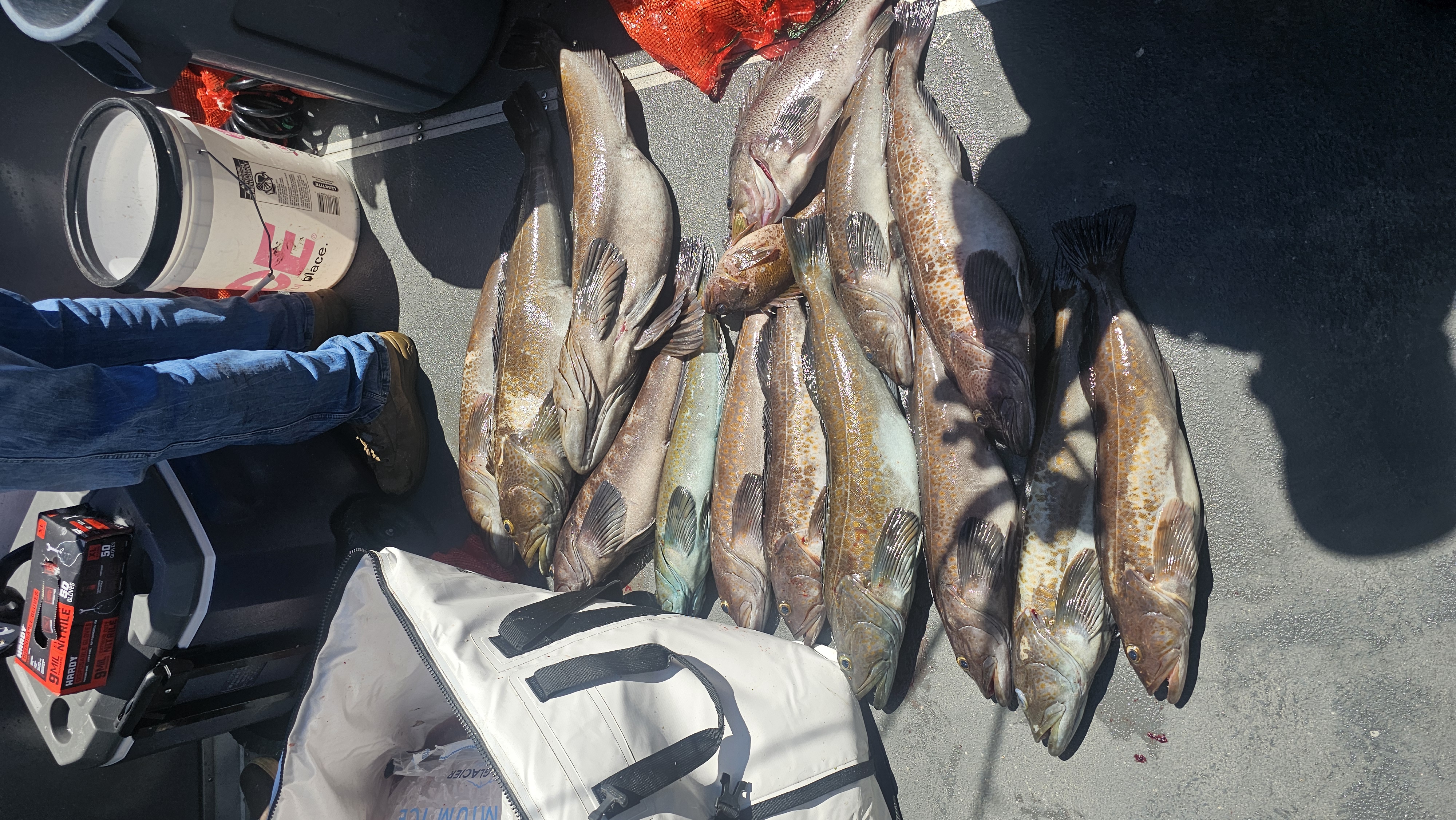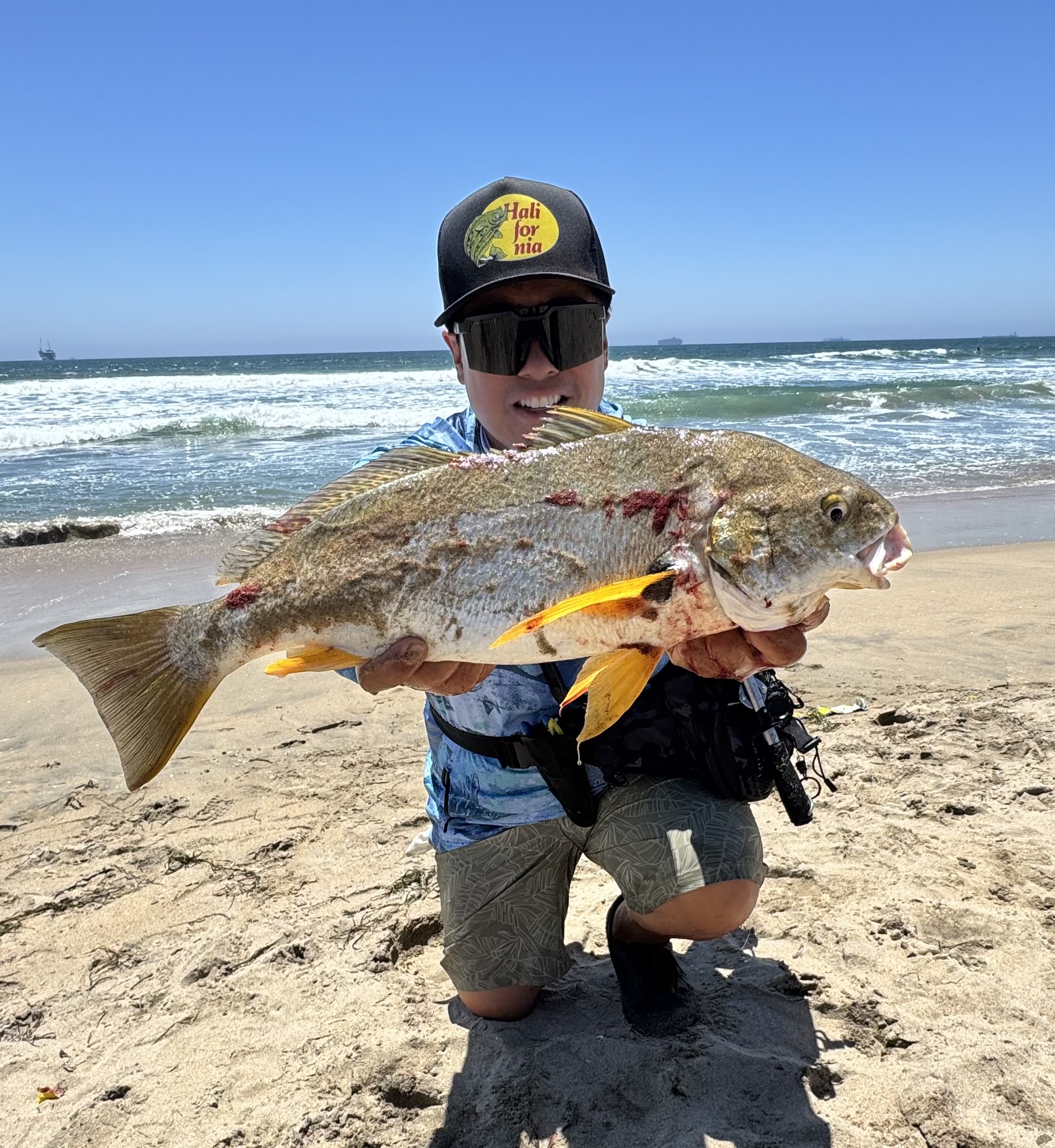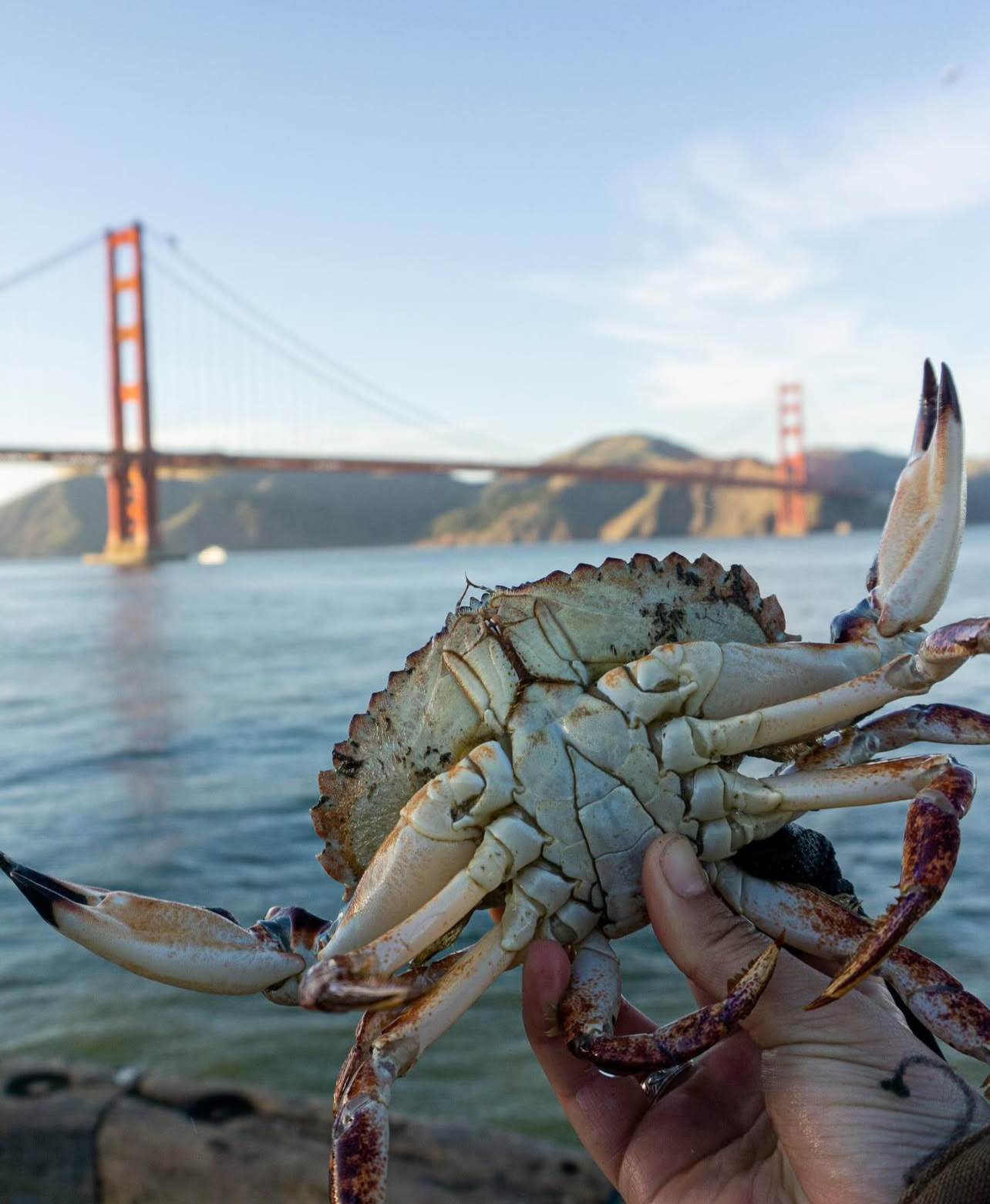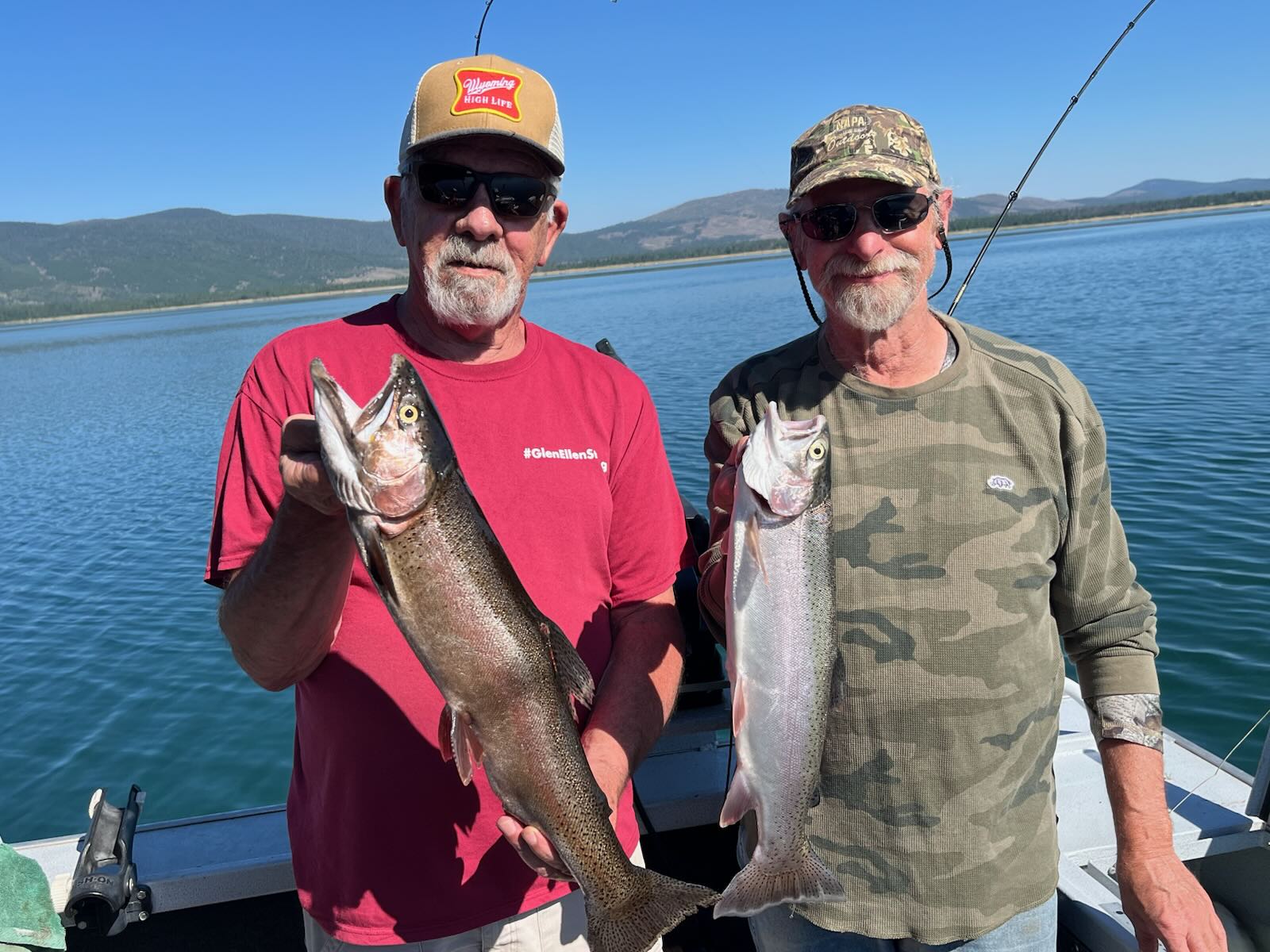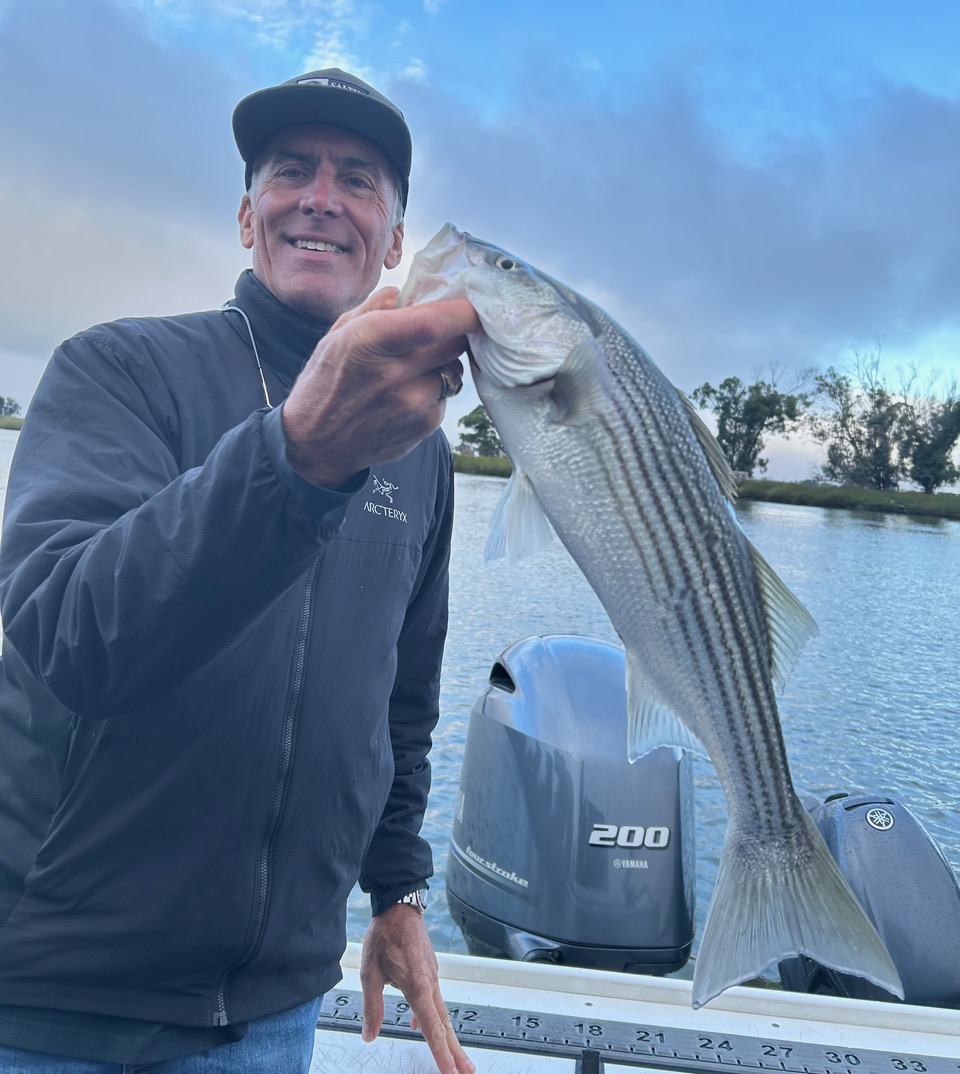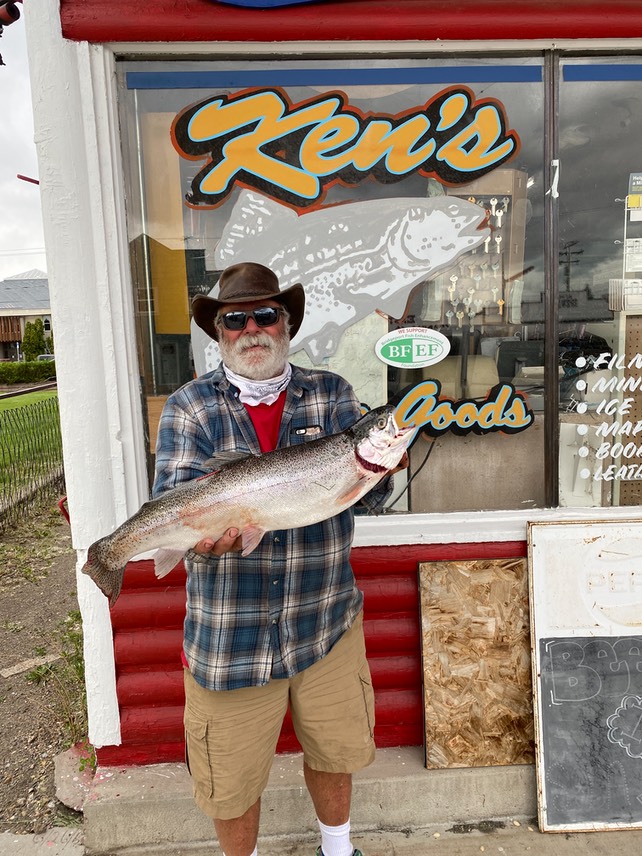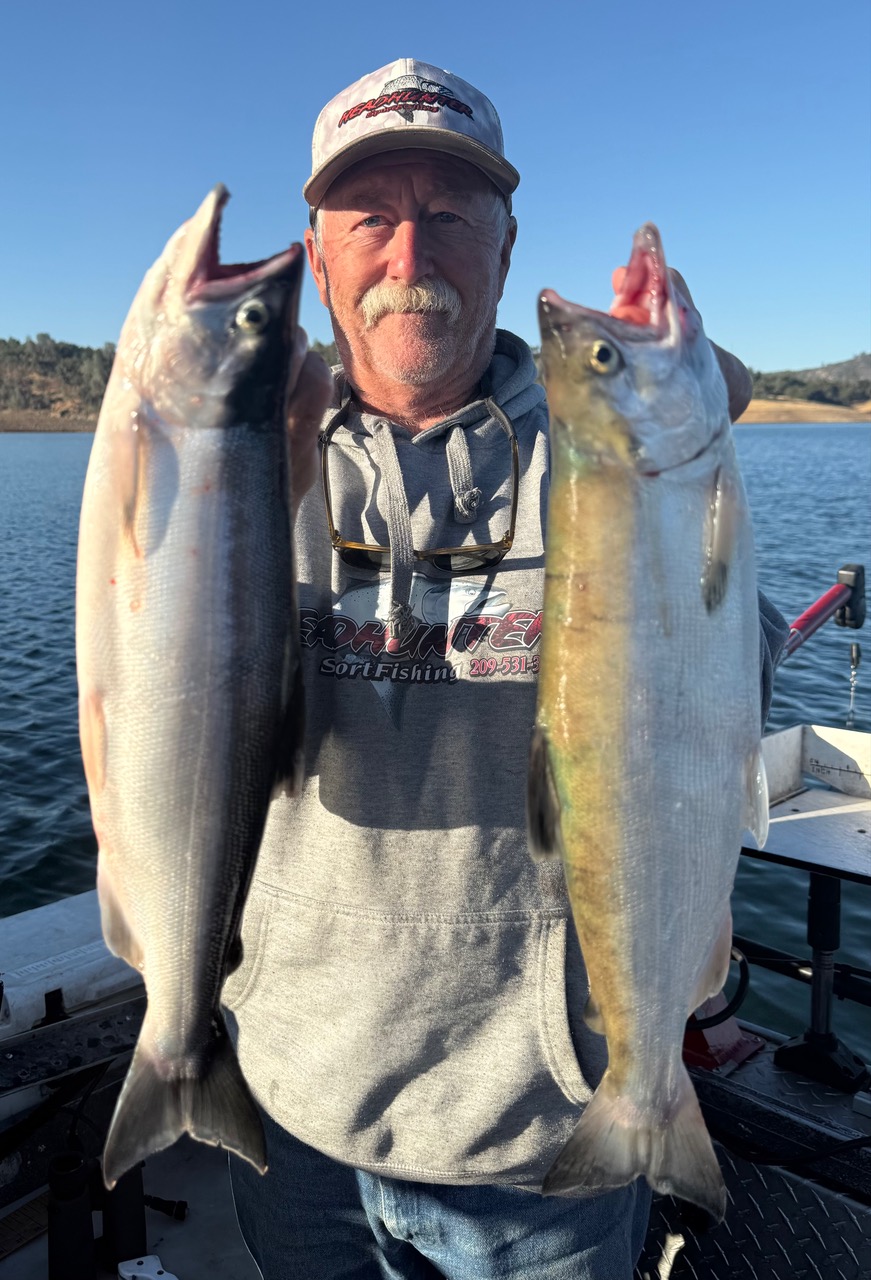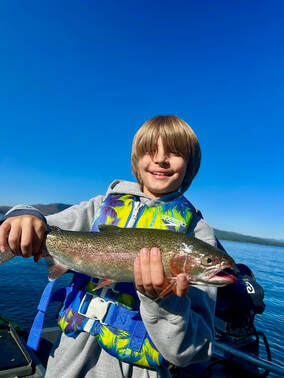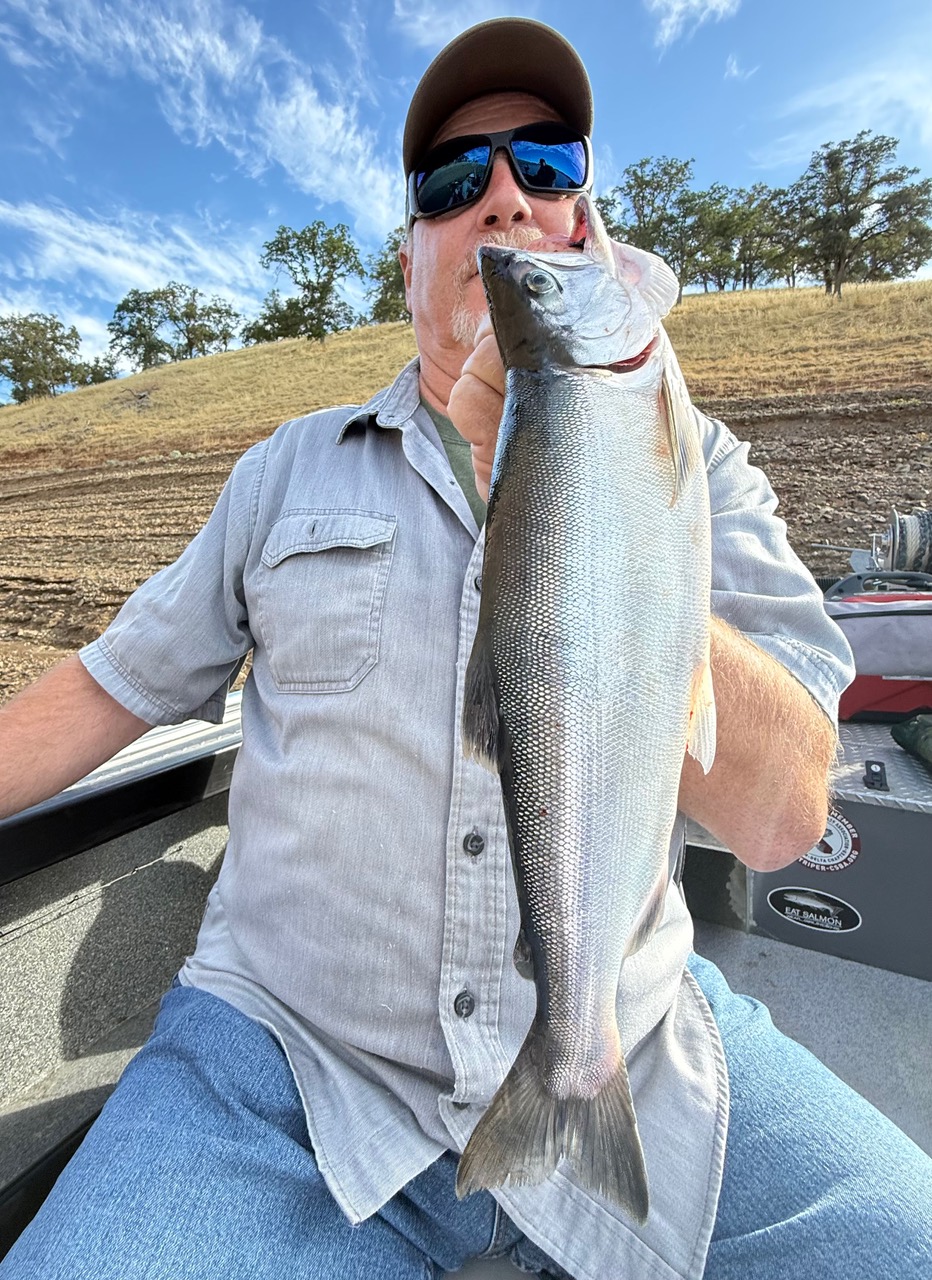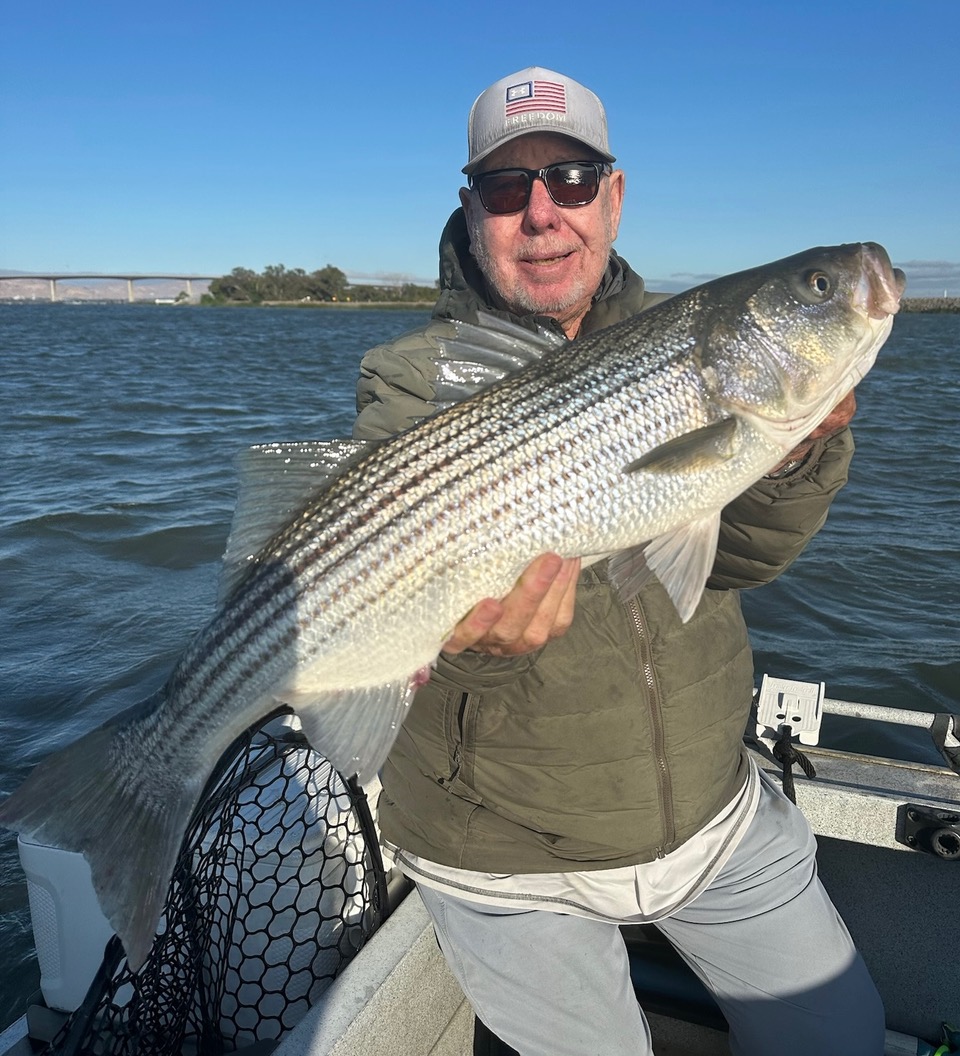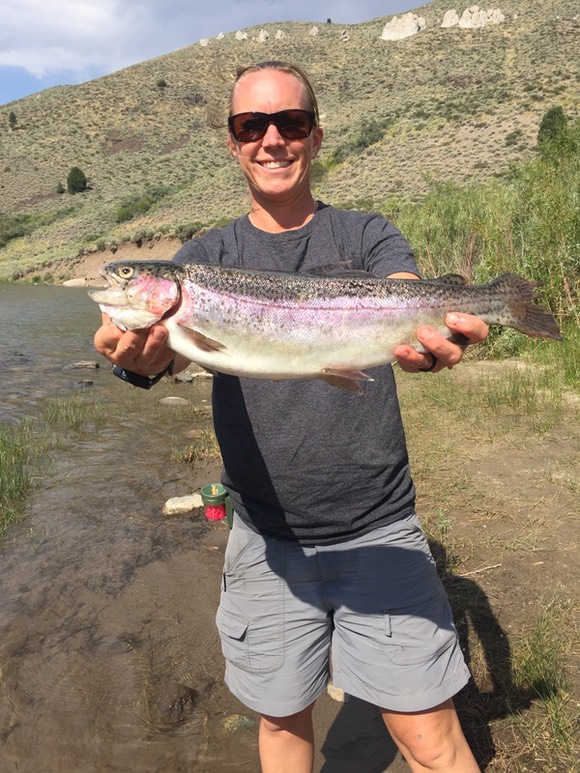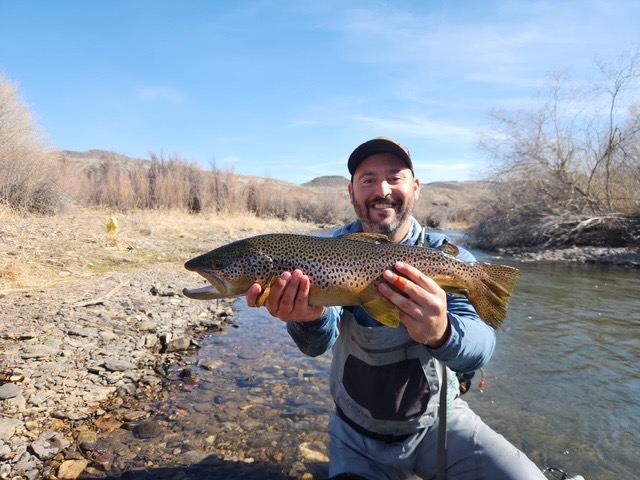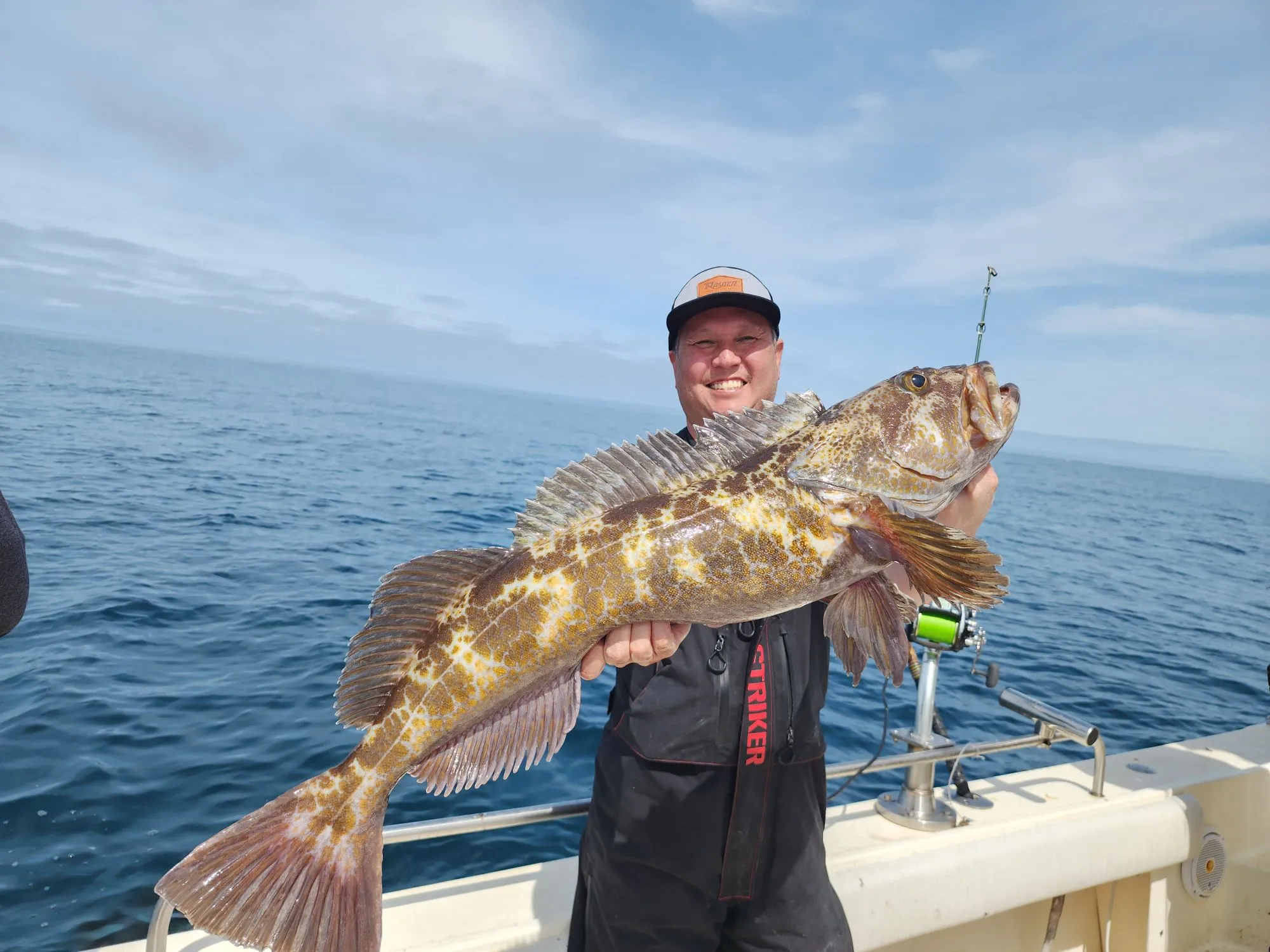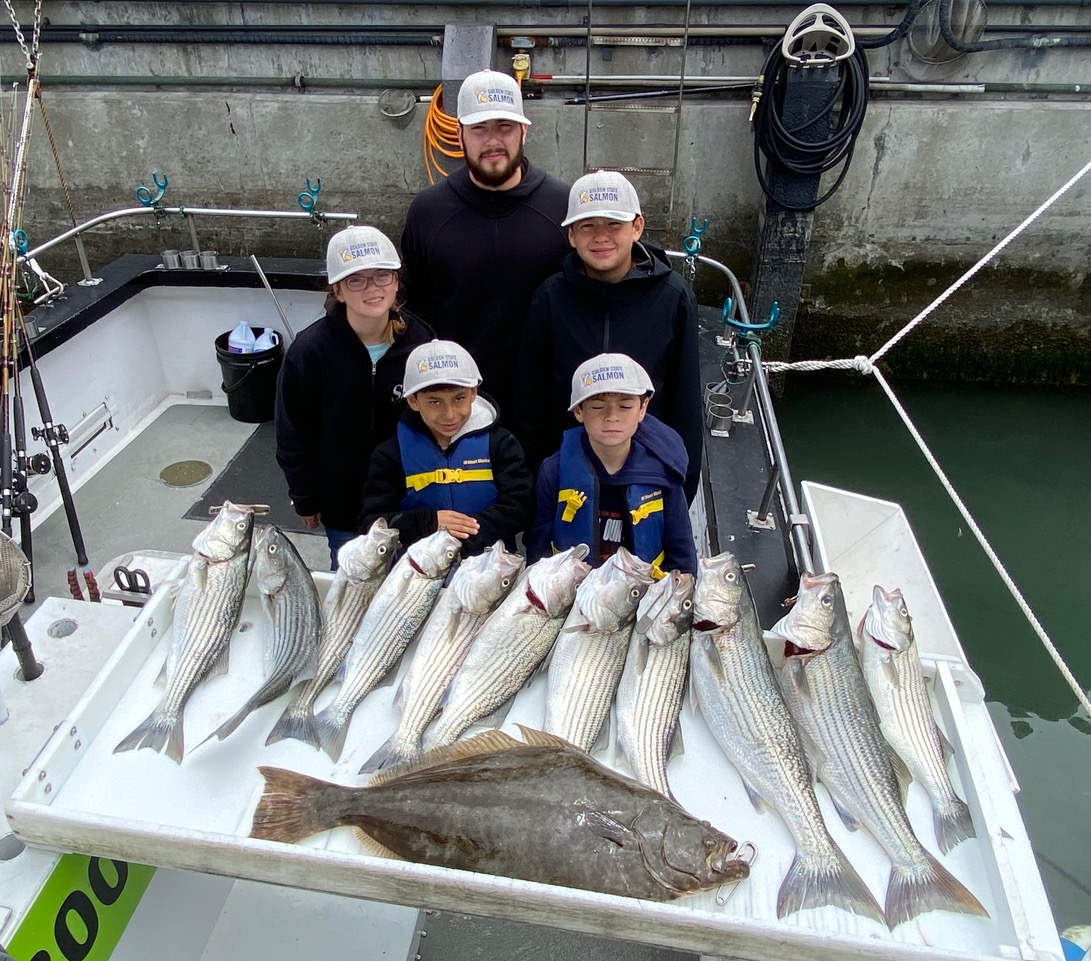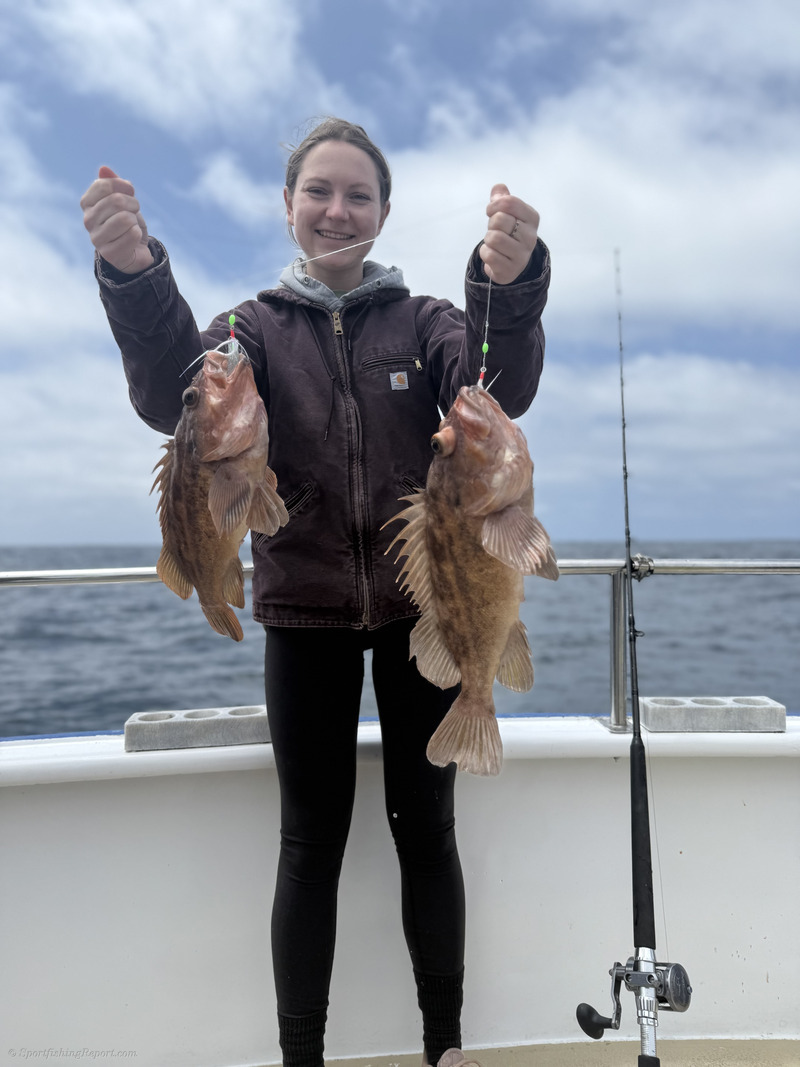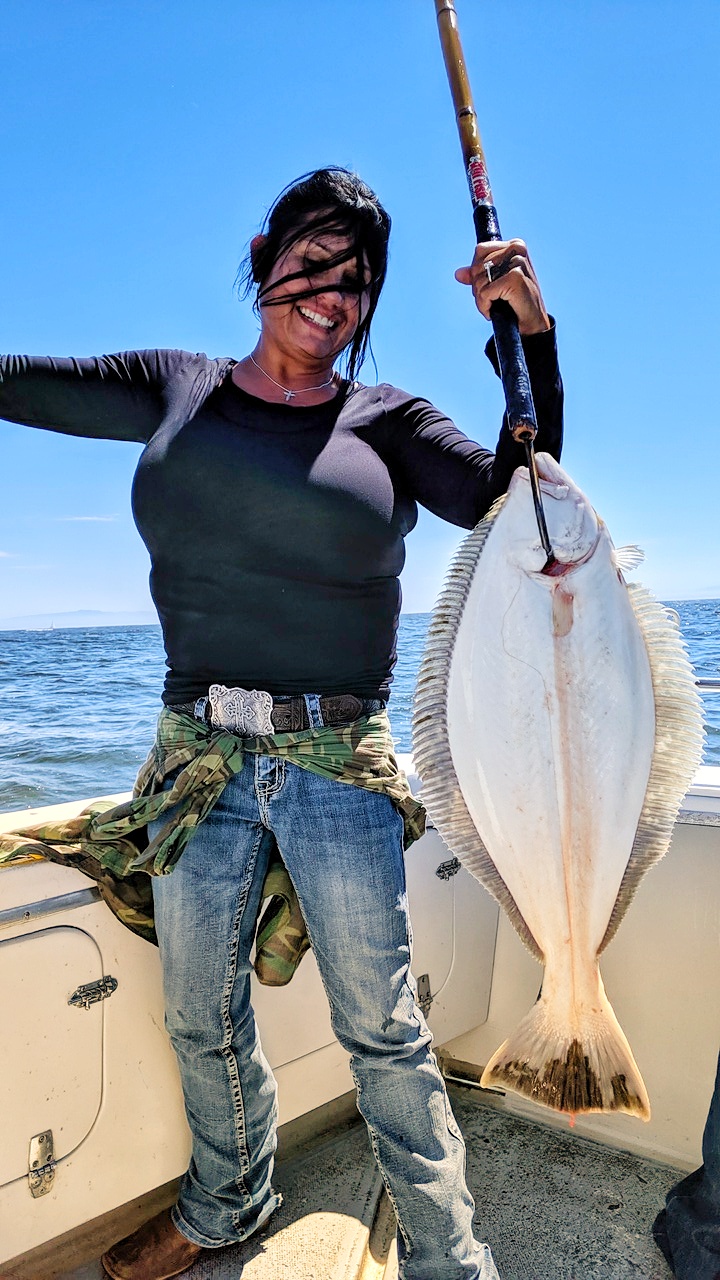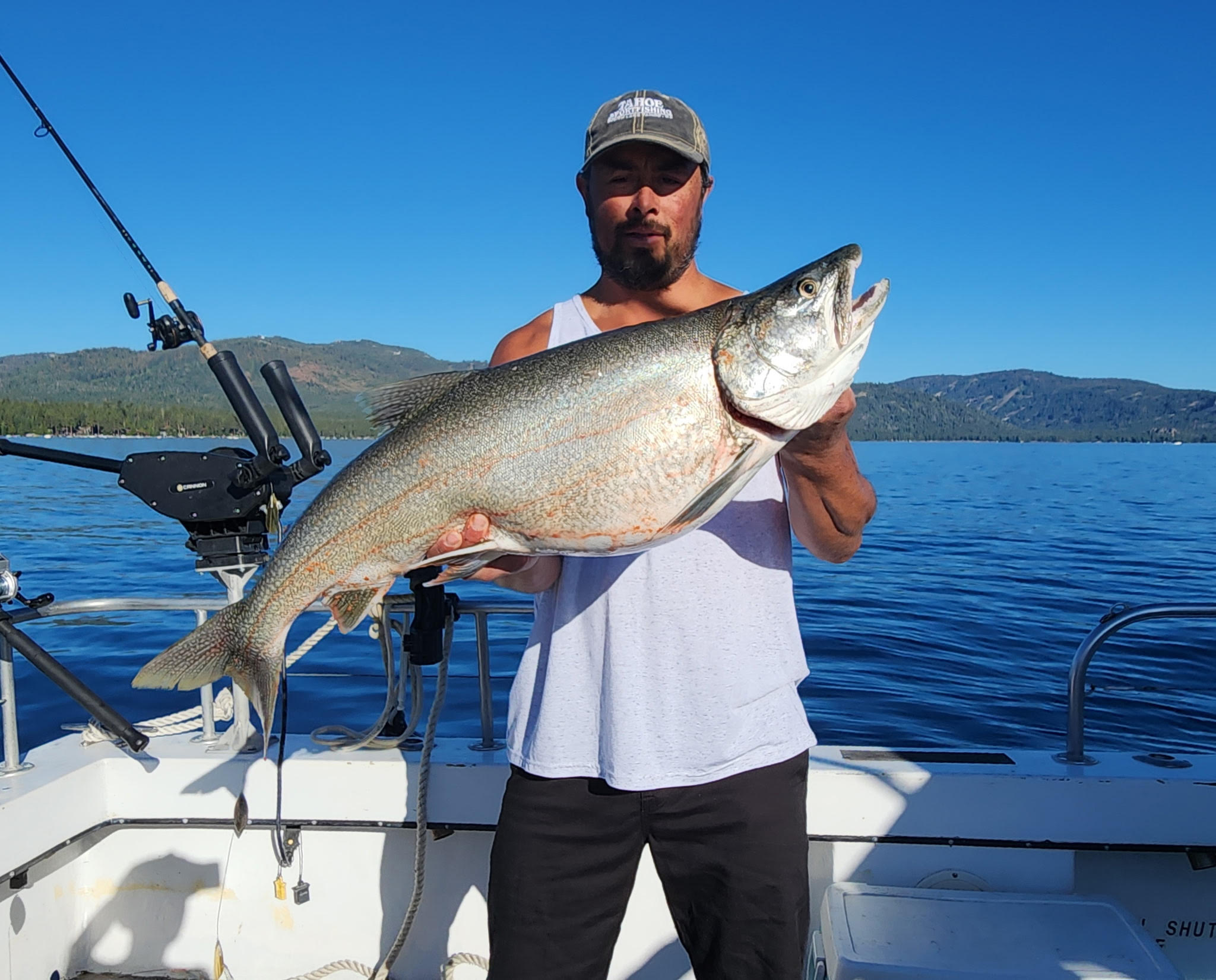
Salmon groups, Tribes respond to State Water Board updates to Bay-Delta Plan with deep alarm
SACRAMENTO — The State Water Resources Control Board has just released its controversial proposed updates to the Sacramento Delta portions of the Bay-Delta Plan.
The proposal includes both the Big Ag-backed voluntary agreements on water, strongly opposed by Tribes, environmental groups, fishing organizations and environmental justice organizations, and a “regulatory pathway.”
Governor Gavin Newsom gushed about the release of the update proposal — and, as usual, announced proposed legislation gutting the California Environmental Quality Act (CEQA) to fast-track the implementation of the process.
"I am proud to see the healthy rivers and landscapes program represented in this plan update — it’s a testament to California’s commitment of a collaborative, science-driven approach to managing our water for the benefit of our communities, economy and fish and wildlife," claimed Newsom in a statement. "However, our work is not yet done — I have proposed legislation to create a CEQA exemption for all water quality control plans that would accelerate the time it takes to get these critical plans done by removing unnecessary and redundant process requirements."
"We’re done with barriers and obstacles to our state’s success. We must work together to protect our natural resources for the benefits of the habitats and people of our state," Newsom gushed.
Two salmon groups, Save California Salmon and the Golden State Salmon Association, blasted the inclusion of the voluntary agreements in the update.
"The Bay-Delta Water Quality Control Plan (Bay-Delta Plan) update is necessary to protect the water quality in the Bay-Delta and Sacramento River watershed," said Regina Chichizola, Executive Director of Save California Salmon. "This watershed is critically important to salmon, Tribes, and the tens of millions of Californians that get their drinking water from, or live in, the Delta.
"Water is our most precious resource and it is extremely overallocated due to agricultural diversions. This plan should be guided by science, not politics or profit, to ensure enough water is left in the system for ecosystems, fish, and clean drinking water. We are very disappointed to see the board pushing voluntary actions by large-scale agricultural interests after decades of inaction and failed voluntary solutions."
Scott Artis, Executive Director of the Golden State Salmon Association, also responded to a briefing by the Water Board on the Bay-Delta with profound alarm.
"Today’s NGO briefing by the State Water Resources Control Board on the Bay-Delta Plan process left conservationists, fishermen, and Tribal and environmental justice advocates deeply alarmed," said Artis. "The Board appears to be laying the groundwork to approve the Voluntary Agreements (VAs)—a controversial, deeply flawed proposal designed behind closed doors by the very water users who would benefit most from it."
"This is a sad day for the State Water Board and one more on a long list of bad days for salmon. The Board seems to be collapsing under pressure from the Governor to approve the fatally flawed voluntary agreements. The VAs are a scam that could cost taxpayers billions, enrich water agencies and make the rivers even sicker. The VAs set the stage for even more damaging diversions by the massive Delta tunnel. Commercial fishing in California has been closed for 3 years because of unsustainable water diversions. This looks like a plan to kill California’s most important wild salmon runs and fishing jobs."
"At the heart of the VAs is a deceptive premise: they offer modest ‘environmental water’ while setting the stage for massive new diversions from projects like Sites Reservoir and the proposed Delta tunnel. These diversions would come from the same existing flows that form the baseline for the new water, meaning overall conditions in the Bay-Delta could become even worse than they are today."
"Taxpayers are being asked to foot the bill—over $2 billion—most of which would go directly to the water agencies that helped write the VAs. Meanwhile, in critical dry years when ecosystems are most vulnerable, the VAs offer little to no new water: zero on the Yuba, Feather, and Mokelumne rivers, and a meager 2,000 acre-feet on the Sacramento River, the state’s largest."
He said the VAs also mirror the failed CALFED Environmental Water Account, which allowed state water projects to worsen environmental conditions while financially benefiting water users.
"Equally troubling is the exclusion of key voices. Tribal leaders, fishing communities, environmental justice advocates, and conservation groups were shut out of the process. The Governor’s office has refused to meet with opponents, despite repeated requests and the dire implications of the plan."
"Despite claims of new environmental benefits, the water proposed in the VAs has been shrinking for years, and there’s no contingency if the anticipated $900 million in federal funds fails to materialize—which appears likely."
"If the VAs falter, it could take years before the State Water Board reevaluates the situation, leaving already declining salmon and imperiled rivers in an even more precarious position."
"One thing is clear. The Voluntary Agreements aren’t a solution—they’re a water diversion tactic dressed up as progress, with consequences California’s natural heritage, people and communities can’t afford."
The release of the plan updates comes despite an ongoing Title VI Civil Rights Act complaint filed by the Delta Tribal Environmental Coalition (DTEC), comprised of the Shingle Springs Band of Miwok Indians, the Winnemem Wintu Tribe, Little Manila Rising, Restore the Delta, and Save California Salmon. The complaint is driven by the State Water Board’s failure to uphold basic environmental protections in the Bay-Delta, disproportionately harming Tribes and other communities of color.
"We’re encouraged to see Tribal Beneficial Use designations of the Bay Delta Watershed still included in the Plan. We would have liked to see both the Tribal Cultural and Tribal Subsistence uses designated but still see the Tribal Cultural use designation as a win for tribes and an important step forward to tribal uses of water being protected should it remain in the final plan," said Vice Chair Malissa Tayaba with the Shingle Springs Band of Miwok Indians.
"We’re disappointed to see the Voluntary Agreements still moving forward. We stand strong in our belief that the proposal is scientifically inadequate. Eight years of an experimental ‘voluntary’ taking and giving of instream flow with questionable oversight is eight years too long that could mean complete devastation for our salmon relatives. Tribal voices and indigenous knowledge was completely and intentionally excluded from VA negotiations from the beginning and now that the Water Board has made it a viable proposal, language has been included to create optics of tribal inclusion with no real mandates for the actual incorporation of Tribal input, Tribal decision-making or Tribal co-governance."
"It is clear that the State Water Board is continuing its inclusion of the Voluntary Agreements proposals despite the fact that there is a Title VI Civil Rights complaint filed against them, in part, for doing just that," said Gary Mulcahy, Government Liaison with the Winnemem Wintu Tribe. "The VAs have been in process now for over 9 years, and have failed to include environmental justice communities, Disadvantaged Communities, and California Tribes in their planning and implementation processes. A clear violation of the civil rights of those groups who will be significantly affected by their actions."
The negotiations leading to today’s Bay-Delta plan draft update have been criticized for being conducted in secret and excluding Tribal and frontline communities.
"The Water Board is now saying you need to talk to the Tribes, but that is the old term of a day late and a dollar short – 10 years after the VAs began planning," said Mulcahy.
The proposed updates also raise fundamental concerns about equity, transparency, and science-based water governance.
"The State Water Board is betting on the livelihood of Delta communities and future generations that will be left to live with the consequences of poor policy making," said Cintia Cortez, Policy Program Manager at Restore the Delta. "The Board’s failure to address these issues is evident by their failure to resolve DTEC’s Title VI Complaint. Instead, the Board is aligning itself with a Governor that continues to push an agenda for his personal gain and does not benefit Californians."
The current Bay-Delta Plan has not been substantially updated since 1995, despite repeated admissions from government fish and wildlife agencies that existing flow standards are insufficient to support native fish species, including Chinook Salmon, Longfin Smelt, and White Sturgeon. Salmon fisheries have remained closed for three consecutive years due to catastrophic declines in their breeding grounds, according to the groups.
The Water Board will receive comments on the revised draft in writing by September 10, 2025, and at a public hearing on September 8 and 9, 2025.
The proposal was released as Governor Gavin Newsom is fast-tracking the Delta Tunnel, Sites Reservoir and the voluntary agreements in order to export more Delta water to his Big Ag donors and Southern California water agencies.
The two projects, in tandem with the voluntary agreements, will seal the doom of imperiled Sacramento River winter, spring and fall-run Chinook salmon, Delta smelt, longfin smelt, green sturgeon, white sturgeon, Central Valley steelhead and other fish species, already in unprecedented crisis due to the already massive water exports to corporate agribusiness and Southern California water brokers, along with other factors.



